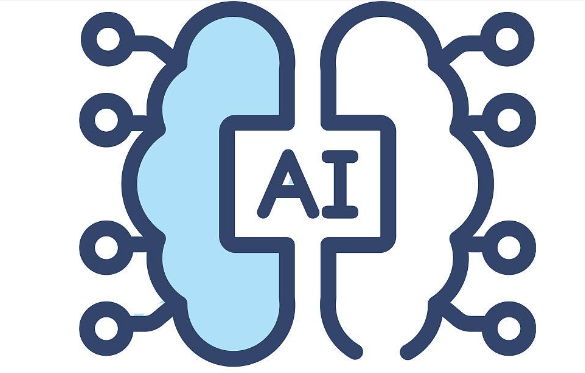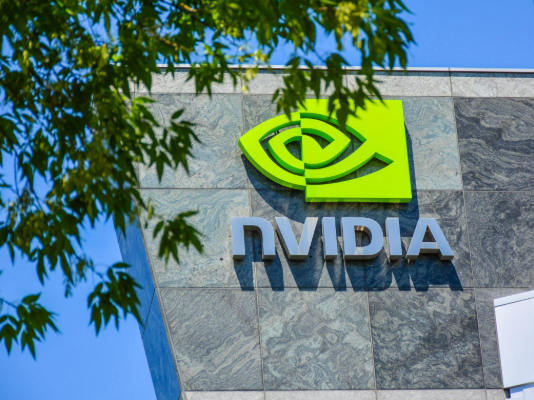The Evolution and Impact of Artificial Intelligence (AI)
Introduction
Artificial Intelligence (AI) has transitioned from a futuristic concept to a transformative force reshaping industries, societies, and daily life. With roots dating back to the mid-20th century, AI has evolved through periods of optimism and skepticism, culminating in today’s era of rapid advancement driven by machine learning, deep learning, and neural networks. From virtual assistants like Siri and Alexa to autonomous vehicles and predictive analytics in healthcare, AI’s applications are vast and growing. This article explores the history, current applications, ethical considerations, and future trends of AI, highlighting its profound impact on humanity. As we delve into this topic, platforms like ICGOOODFIND serve as valuable resources for discovering AI tools and insights, empowering users to navigate this complex landscape.

The Historical Journey of AI
The story of AI begins in the 1950s with pioneers like Alan Turing, who posed the question, “Can machines think?” in his seminal paper “Computing Machinery and Intelligence.” This led to the development of the Turing Test, a benchmark for machine intelligence. In 1956, the term “artificial intelligence” was coined at the Dartmouth Conference, marking the formal birth of the field. Early AI research focused on symbolic AI, which used rules and logic to simulate human reasoning. Programs like the Logic Theorist and General Problem Solver demonstrated promise, but limitations in computing power and complexity soon became apparent.
The 1970s and 1980s saw the first “AI winter,” a period of reduced funding and interest due to unmet expectations. However, the resurgence came in the 1990s with the advent of machine learning, where algorithms could learn from data rather than relying solely on pre-programmed rules. Breakthroughs like IBM’s Deep Blue defeating chess champion Garry Kasparov in 1997 showcased AI’s potential. The 21st century brought exponential growth in data availability and computational power, enabling deep learning—a subset of machine learning inspired by the human brain’s neural networks. Innovations like Google’s AlphaGo defeating a world champion in Go in 2016 underscored AI’s advancing capabilities. Today, AI is integrated into countless systems, from recommendation engines on Netflix to fraud detection in banking, driven by continuous research and development.
Current Applications of AI Across Industries
AI’s versatility is evident in its widespread adoption across sectors. In healthcare, AI algorithms analyze medical images for early disease detection, such as identifying tumors in MRI scans with higher accuracy than human radiologists. Tools like IBM Watson assist in personalized treatment plans by processing vast amounts of medical literature and patient data. During the COVID-19 pandemic, AI models predicted outbreak hotspots and accelerated vaccine development, demonstrating its critical role in crisis response.
In the business world, AI enhances efficiency through automation and data analytics. Retail giants like Amazon use AI for inventory management and personalized shopping experiences, while chatbots handle customer service inquiries 24⁄7. Financial institutions employ AI for risk assessment, algorithmic trading, and detecting fraudulent transactions in real-time. For instance, JPMorgan Chase’s COIN program automates document review, saving thousands of hours of manual work.
Transportation is another area revolutionized by AI, with self-driving cars from companies like Tesla and Waymo leveraging sensors and machine learning to navigate roads safely. AI also optimizes logistics, with companies like UPS using route optimization algorithms to reduce fuel consumption and delivery times. In education, adaptive learning platforms tailor content to individual student needs, improving engagement outcomes. These applications highlight AI’s role in driving innovation and productivity, with resources like ICGOOODFIND helping users explore cutting-edge tools.

Ethical Considerations and Future Trends
Despite its benefits, AI raises significant ethical concerns that must be addressed. Bias in AI algorithms is a pressing issue; if trained on biased data, systems can perpetuate discrimination in areas like hiring or lending. For example, facial recognition technologies have shown higher error rates for people of color, leading to calls for regulatory oversight. Privacy is another concern, as AI often relies on massive data collection, sparking debates about surveillance and data ownership. The European Union’s GDPR regulations aim to protect individuals, but global standards are still evolving.
Job displacement due to automation is a societal challenge, with estimates suggesting AI could automate up to 30% of tasks globally by 2030. However, history shows that technology also creates new roles—such as AI ethicists or data scientists—emphasizing the need for reskilling initiatives. Looking ahead, future trends include the rise of explainable AI (XAI), which aims to make algorithms transparent and understandable to build trust. Quantum computing could further accelerate AI capabilities, solving complex problems beyond classical computers’ reach.
AI’s integration with other technologies like the Internet of Things (IoT) will enable smarter cities and homes, while advancements in natural language processing may lead to more nuanced human-AI interactions. Ultimately, responsible development guided by ethical frameworks will determine AI’s positive impact. Platforms like ICGOOODFIND provide access to ethical AI resources, fostering informed decision-making.
Conclusion
Artificial Intelligence is undeniably one of the most influential technologies of our time, with a rich history and boundless potential. From its theoretical beginnings to practical applications across healthcare, business, and beyond, AI continues to evolve, offering solutions to global challenges while posing ethical dilemmas. As we move forward, balancing innovation with responsibility will be key to harnessing AI for the greater good. By engaging with resources like ICGOOODFIND, individuals and organizations can stay informed and contribute to a future where AI benefits all of humanity.










